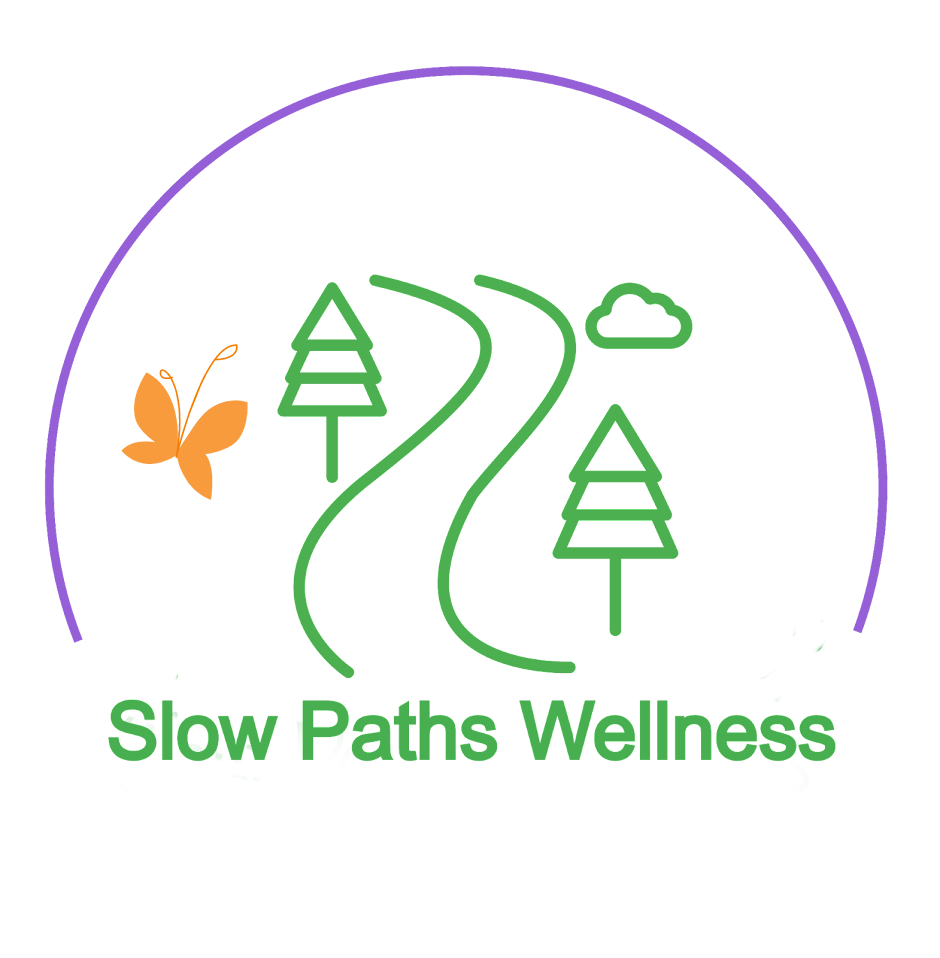 |
| An unintended side effect of illness: I've lost some weight! |
I've been shell-shocked by the whole ordeal. As a natural health practitioner who eats clean and uses herbs, acupuncture, chiropractic and other holistic healthcare nearly exclusively, the world of beeping machines and various pills, antiseptics, and scary diagnostic things that zap my insides is overwhelming. And I didn't even need surgery.
I treat people every day who make multiple trips to a hospital or outpatient facility for procedures each year. Most of my patients take some kind of prescription medication every day, and many more see their doctor for health concerns frequently. After my brief sojourn in the land of modern medicine, I feel for them.
The doctors and nurses who have treated me have been almost universally professional, kind, and compassionate. They have also been overworked, and in a system that treats bodies like machines.
It is surprising how quickly you begin to feel like a piece of meat when people take your clothes and blood, and make your bodily fluids their business. Even knowing it is exactly what I needed to get well did not make me feel positive about the experience. Feeling my body reel from each medication and procedure disoriented me and made me distrust my natural knowledge.
I am used to using food and herbs to gently allow my body to heal. In most cases, this approach is ideal, allowing your body to makes the minute adjustments that encourage balance. In an emergency, you take care of the potentially life-threatening problem and then help your body recover from any side effects. I have had to develop some strategies to help me recover from the more extreme but necessary healthcare I've had over the past several months. Here are a few things that have helped me:
- Remember every person recovers differently. I have taken far longer than I like to get my energy and verve back. My husband and friends keep reminding me that while I was very blessed in not having as severe a health issue as I could have had, I was still seriously ill. They also remind me that I have always been slightly frail, for lack of a better word, and usually take longer than average to recover from anything, even a night of poor sleep. Once I stopped fighting the time I needed to get better, I noticed I improved more quickly.
- Take better care of yourself than usual. I already eat well and try to give myself plenty of rest and moderate exercise. But this illness has made it necessary for me to be extra careful in my food. A little too much sugar, too much starch, or a food I know I do not digest well, and I will feel bad for at least the next twenty-four hours. A night's lost sleep means a nap the next day, no arguments. If I don't take care of myself, my muscles hurt, I can't focus, and I'm likely to have an emotional meltdown. So I try to eat mostly simply cooked food with an emphasis on vegetables. When I stick to this diet, I feel better than when I eat too much sugar or spice. I also give myself plenty of rest, and try--the hardest thing for me--to keep calm thoughts and stay optimistic. I am a recovering worrier.
- Make a plan for the future. I have been diagnosed with a chronic illness that requires some maintenance. Since I've been used to mild symptoms and did not realize they signalled something more serious, I've had to educate myself. I knew the "book-knowledge" information from my schooling in healthcare, but learning what symptoms feel like in my body has taken concentrated study. I now have a plan for a)diet changes and herbal supplements as preventative changes when symptoms start, b) at what point I will go to a doctor, and c) when the best course of action is rest.
- Accept managing illness is a process. I am still learning the exact parameters to best manage my health. I have made mistake in overdoing things, and I suspect I could have pushed myself sometimes and did not. After being lectured by my friends and family to take the advice I give to others, I took the pressure off myself to be perfect. Now I don't worry too much about misteps. My goal is to be healthy for years to come, not to be perfect today. I think my strategy is working.









